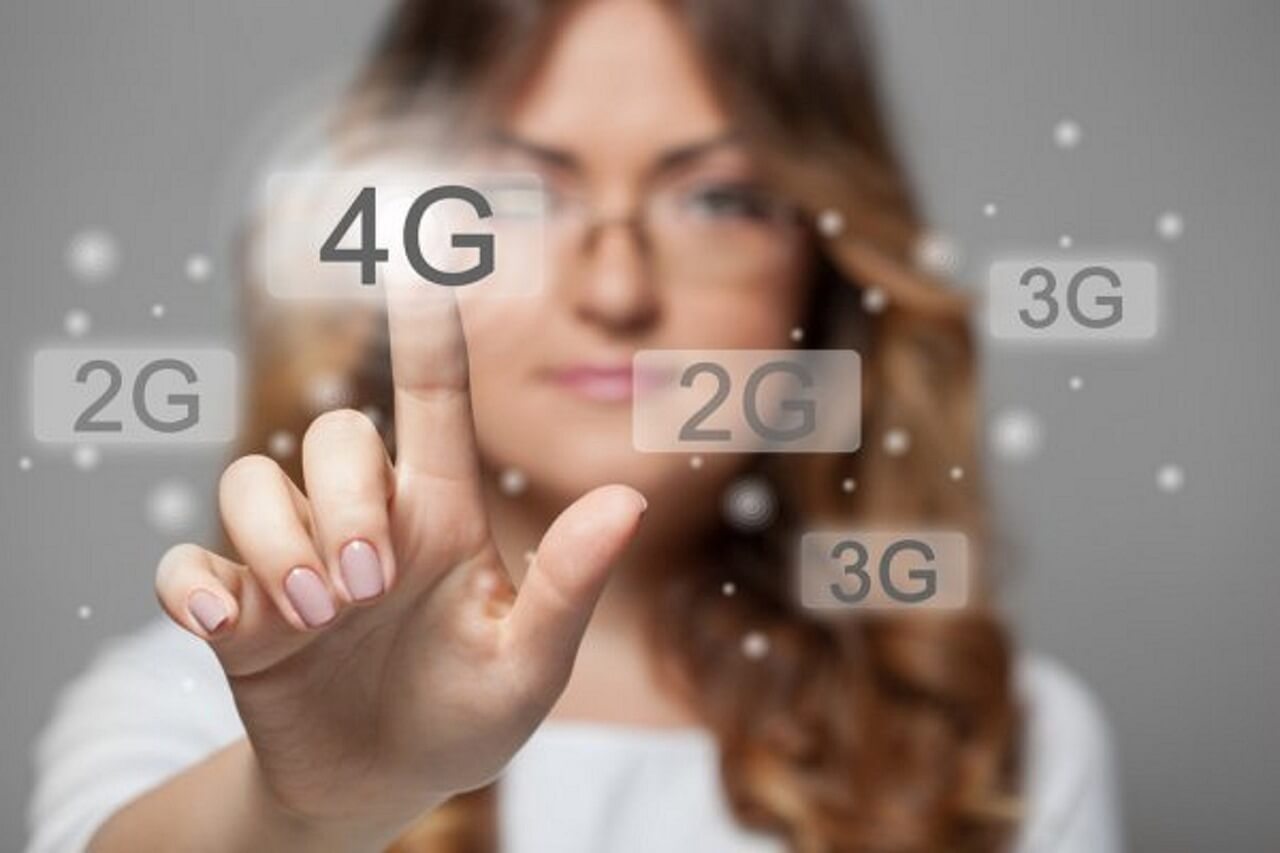It’s clear: The 3G network – i.e. UMTS – will be switched off at the end of 2021. Depending on the provider, the 3G network in Germany will even be switched off at the end of the 2nd quarter. The reason for this is the intended adoption of LTE and 5G, whose rapid expansion can no longer be stopped. One of the reasons for this are requirements of the Federal Network Agency. For example, mobile communications speeds of at least 50 megabits per second (Mbit/s) are to be guaranteed for 98 percent of households nationwide from 2020. By the end of 2022, even 100 Mbit/s.
UMTS-enabled SIM cards were still widely available in 2019. But as early as June 30, 2021, Telekom, as the second-largest provider just like Vodafone, is planning an early phase-out. Only O2 is postponing it until the end of the year. Vodafone is already shutting down its 3G network in Mainz, Wiesbaden and Chemnitz on May 3 so that the free frequencies can be used for LTE. In any case, 3G use has fallen sharply since the shutdown was announced at the beginning of 2020. This is because LTE has dominated since then – 98.5% of mobile customers use it. For the industrial sector, this development is not a good sign. It’s hard to imagine, but there are still numerous devices in use without LTE compatibility.
Do you still have devices that only support UMTS? Think about replacements before it’s too late. Because the motto for LTE and 5G expansion is also: The sooner the better!
How new standards are being set with LTE
Long Term Evolution (LTE for short) is a name for the third generation mobile communications standard. 3G also brought fast Internet to cell phones outside the previous WAP “Internet” for the first time and heralded around 50x faster data transmission than 2G. 3G technology allows a maximum of 42 Mbit/s in purely theoretical terms. In practice, however, it is less than 10 Mbit/s on average.
LTE-Advanced or 4G is 50 to 500x faster compared to the 3G standard and for the first time made previously unthinkable things possible, such as full HD video streaming, multiplayer games with hundreds of players, etc.
So 3G will disappear very soon and faster than some would like to believe. Even before the final switchover date, Telekom and Vodafone will reduce the bandwidth of 3G/UMTS and switch frequency ranges to LTE/4G.
The new bandwidth also requires the providers to use new hardware. As a result, a temporary shutdown of certain network areas is unavoidable. And that in turn will almost certainly have a negative impact on the existing 3G network. In cities, this will not be very noticeable, since reception will still be available due to overlaps. In rural areas, however, the situation will be noticeably more serious and will further increase the existing so-called wireless gaps.
Act now!
Many handhelds and tablets will be affected by the 3G switch-off. In the best case, the device can still connect to the 2G network, but this means a very slow speed of max. 220 Kbit/s – by today’s standards. In the worst case, the device can no longer connect to the Internet at all and is thus unusable.
Switch to a device with a modern communications network in good time, because June 30, 2021 is not far off. Our Scoria A100 series or Rocktab S100 series are both 4G-capable. We will be happy to advise you which is more suitable in your case. Please contact us. We are happy to be there for you!











